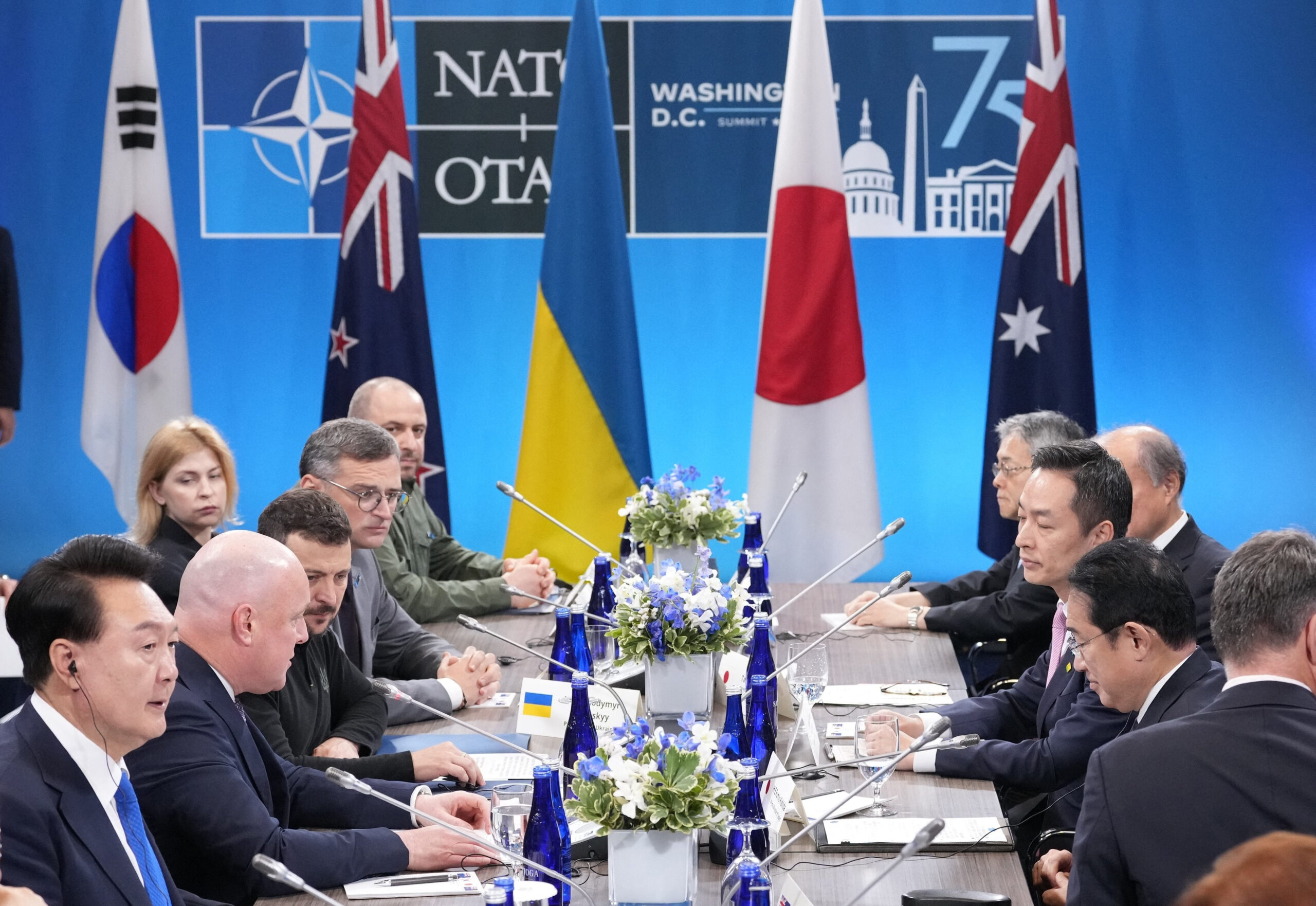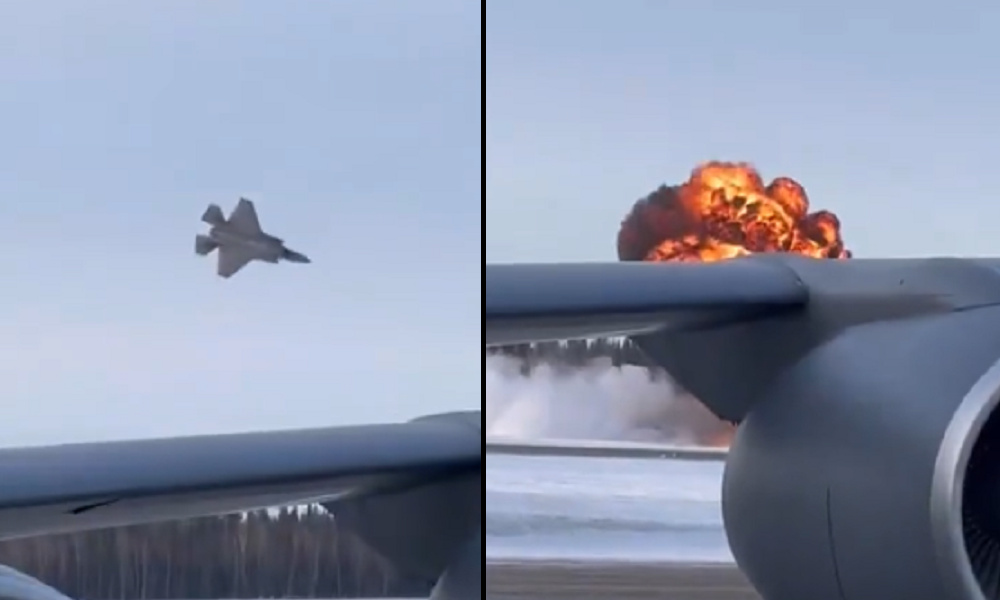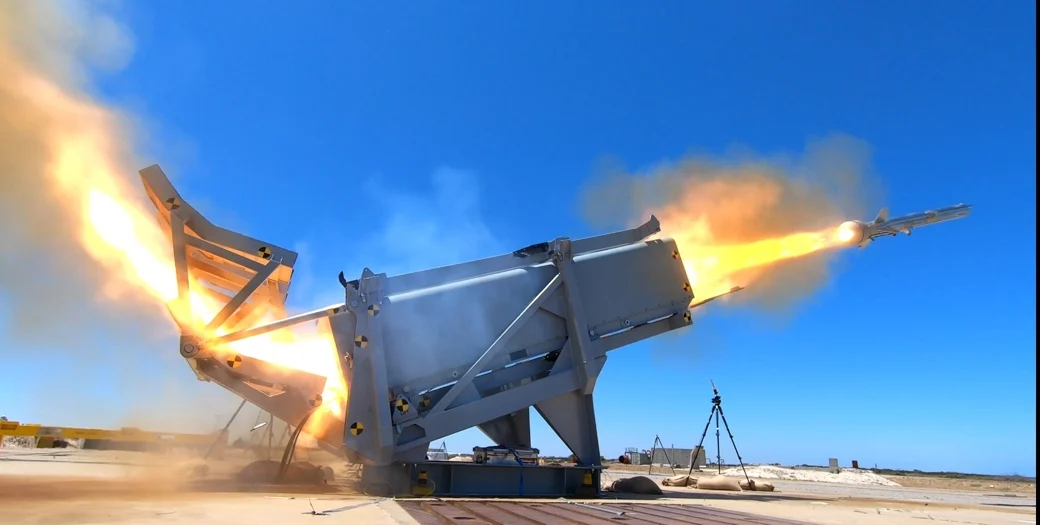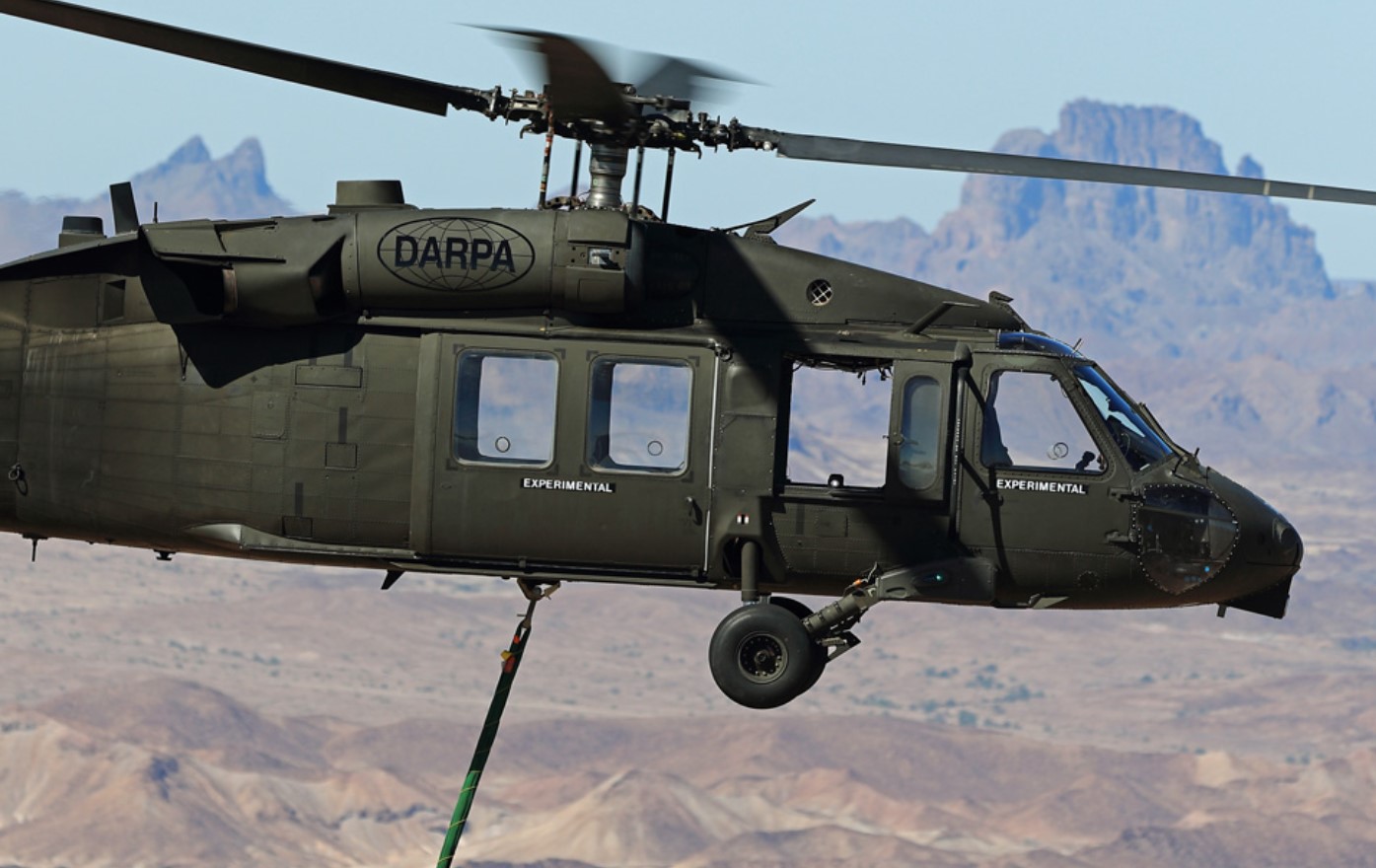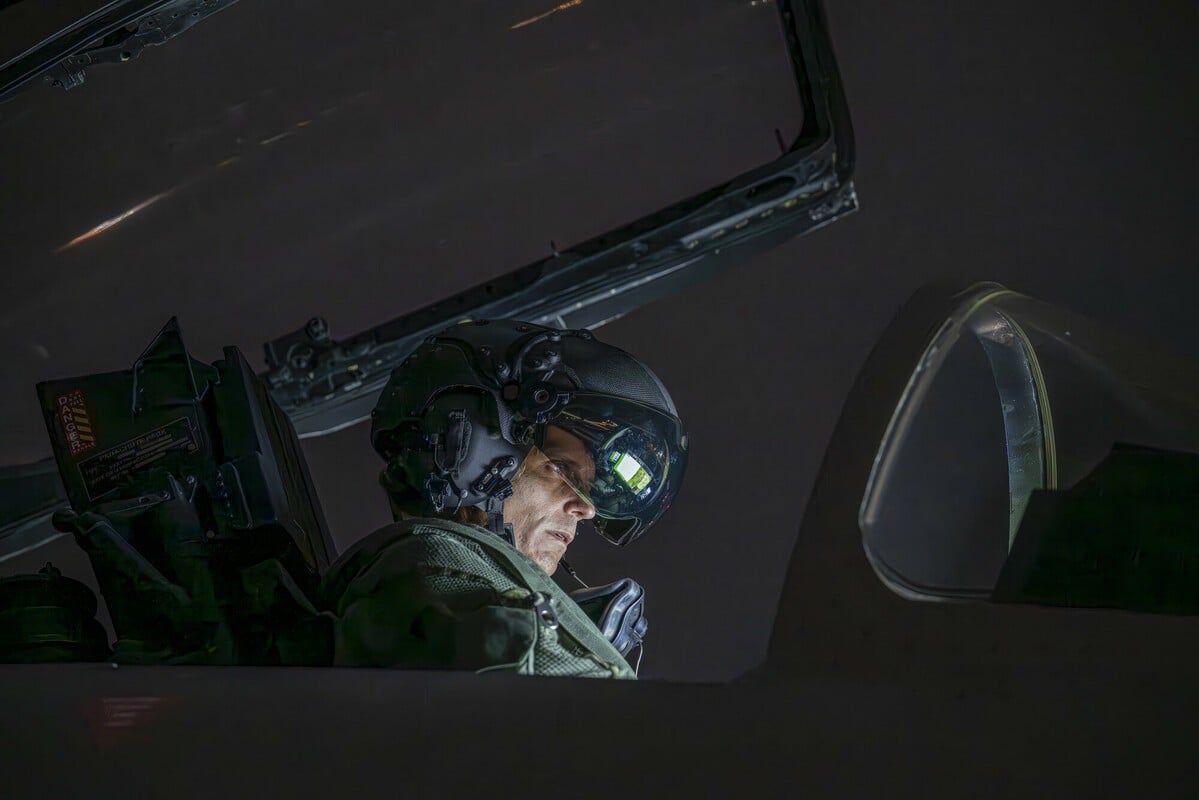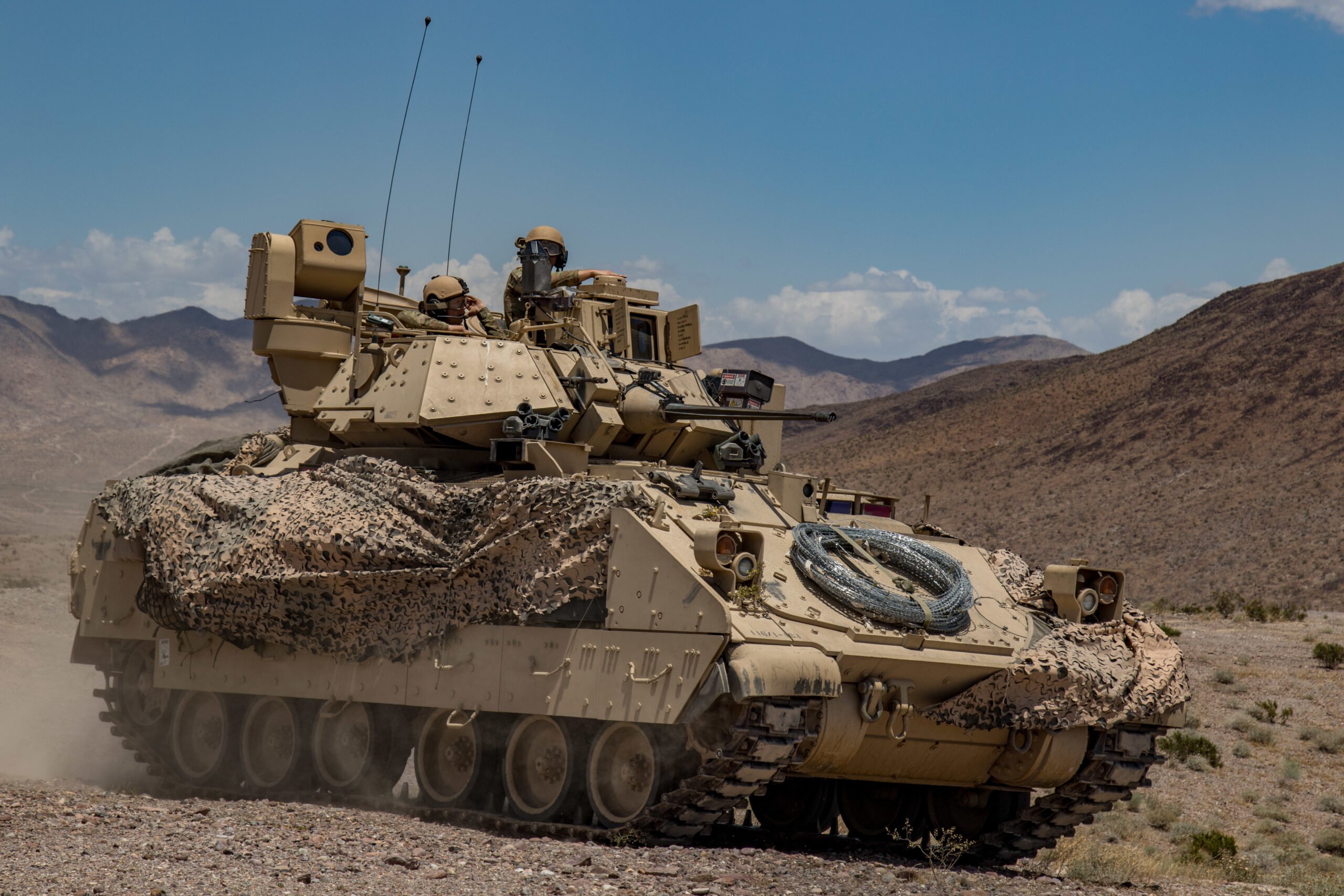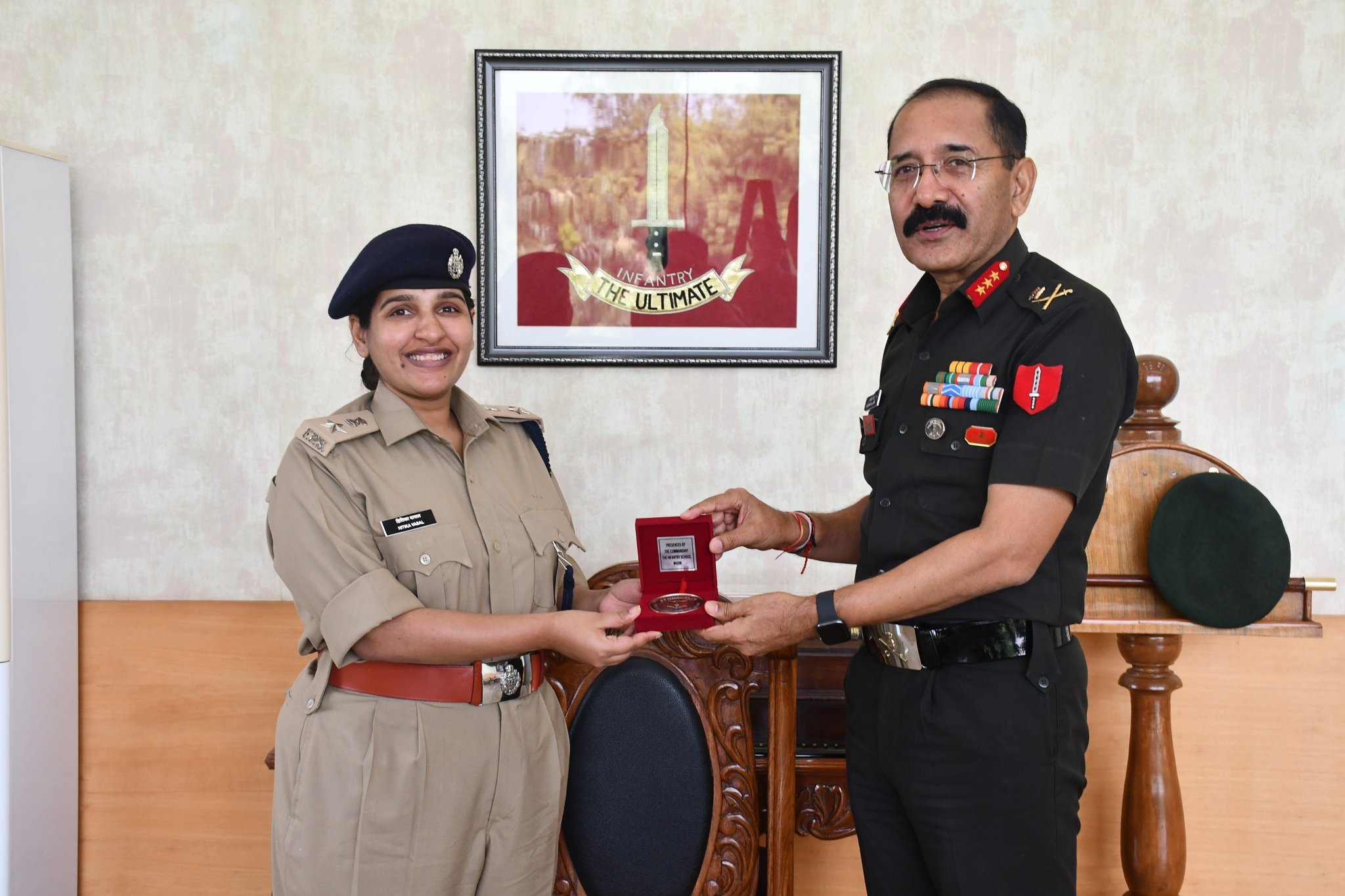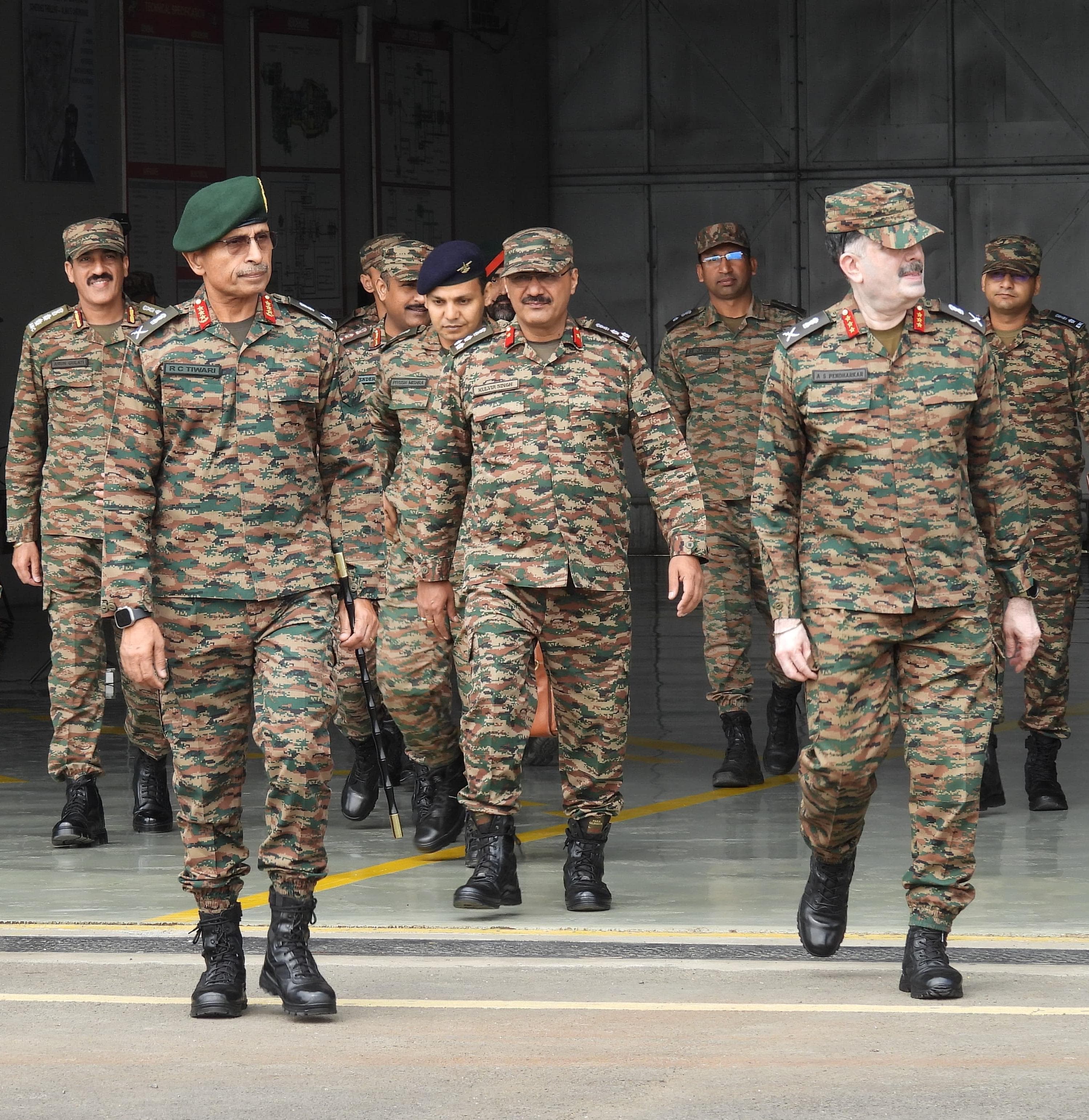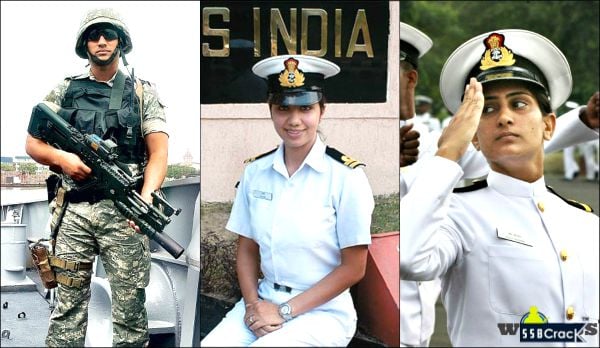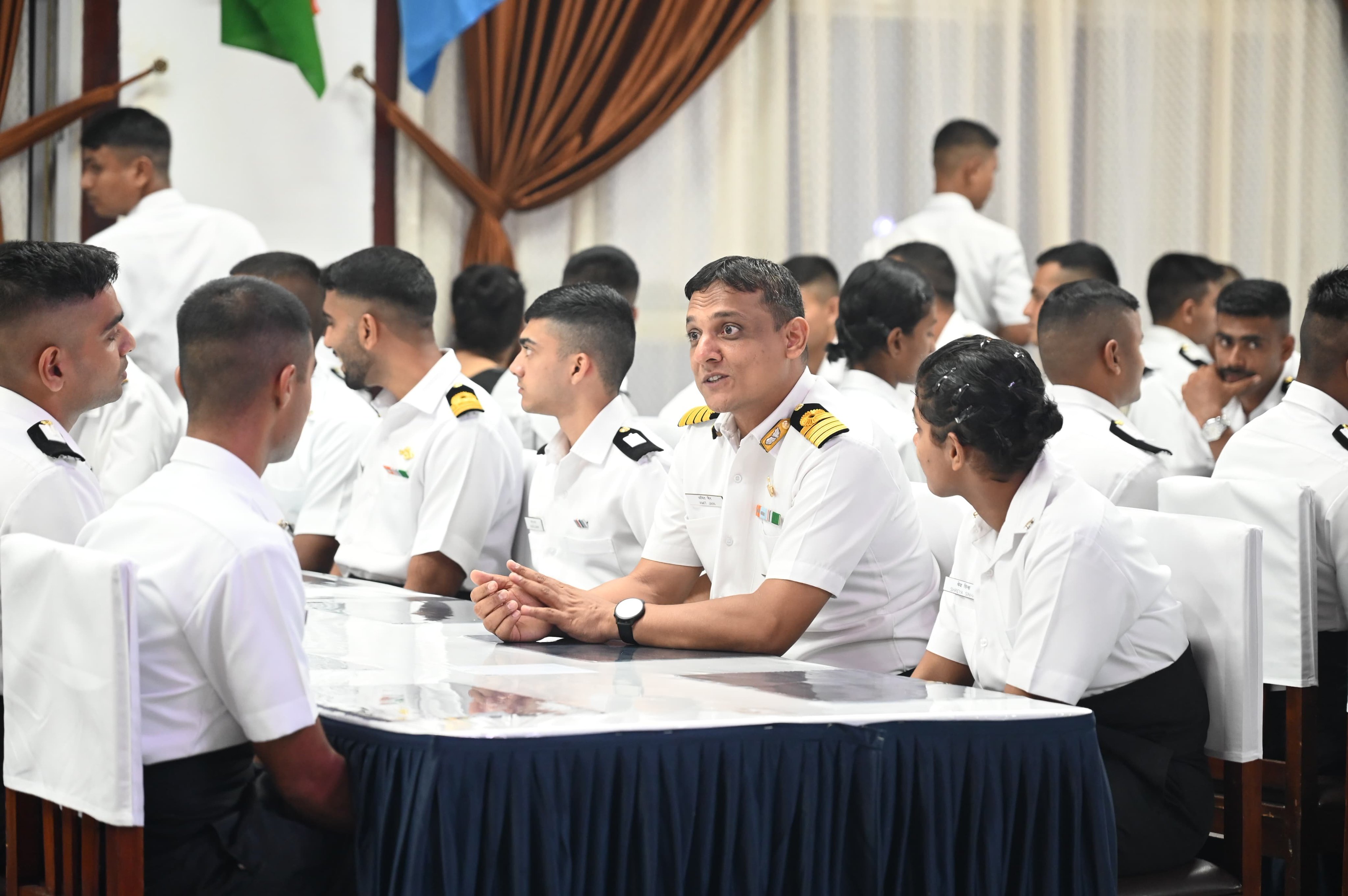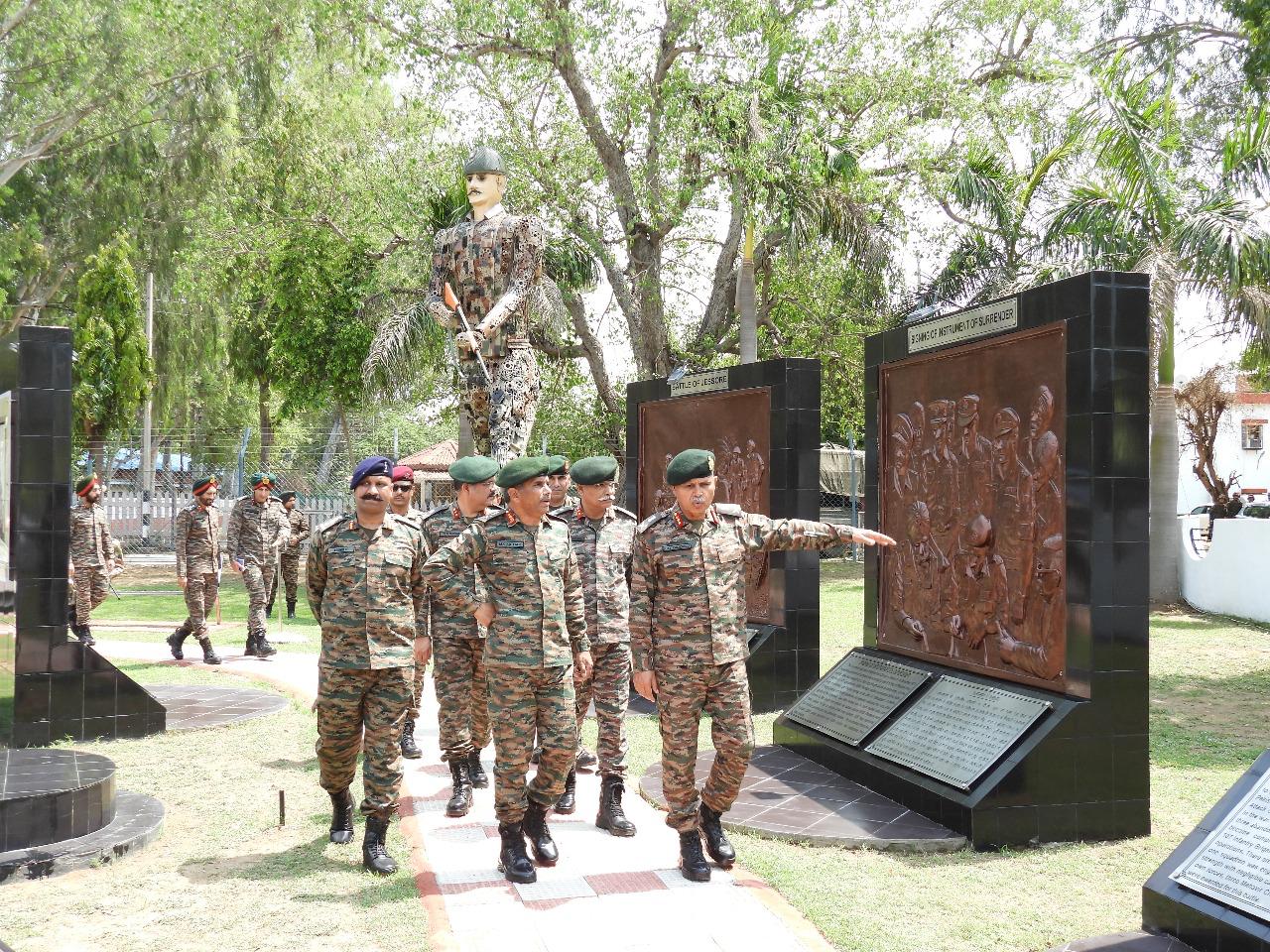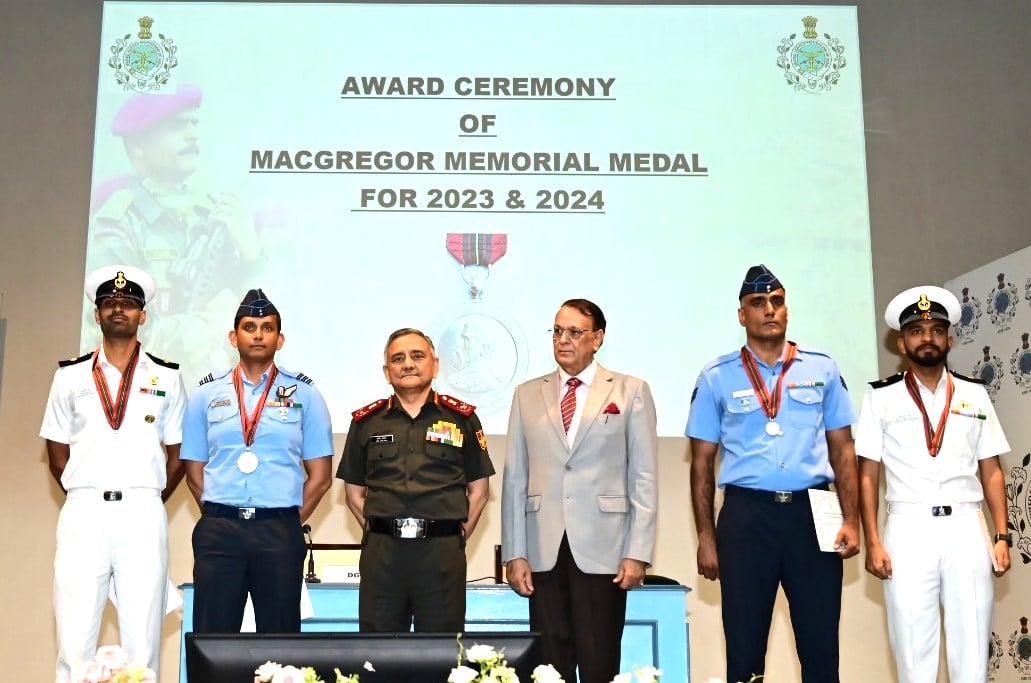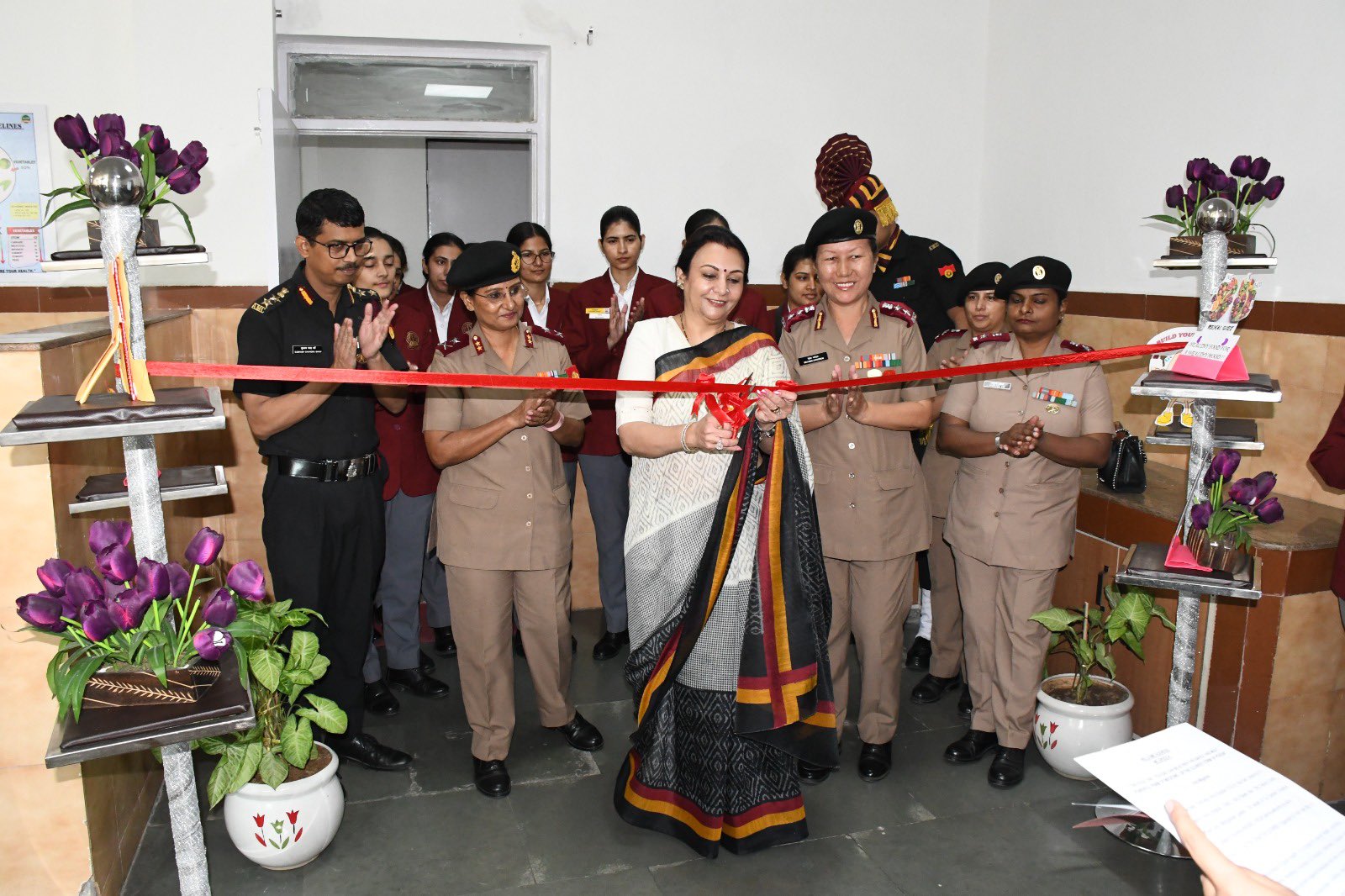A Ukrainian delegation, led by Defense Minister Rustem Umerov, is scheduled to visit South Korea to engage in discussions with President Yoon Suk Yeol regarding potential arms support for Ukraine amidst the ongoing conflict with Russia. This visit, reported by local media, coincides with a shift in South Korea’s longstanding policy against supplying weapons to nations embroiled in conflict. This policy change appears influenced by the alarming news of North Korea’s increased involvement in the war, as thousands of North Korean troops have reportedly been deployed to support Russian military efforts.
During their meetings, the Ukrainian officials are expected to present intelligence regarding North Korean troop deployments to Russia, which they hope will underscore the urgency of South Korea’s involvement in the conflict. The discussions are anticipated to center around how South Korea might aid Ukraine’s military operations against Russia. While Yoon’s office did not officially confirm the details of the visit, President Yoon has previously stated that South Korea’s decision on military assistance will largely depend on the extent of North Korean involvement in the conflict.
In remarks made earlier this month, Yoon indicated that although South Korea had not traditionally provided military support directly to Ukraine, it was open to reconsidering this stance given the changing dynamics. He emphasized that any assistance would first be evaluated based on the nature of North Korea’s contributions to the Russian war effort. Yoon also specified that if South Korea were to send arms, they would initially take the form of defensive weapons aimed at bolstering Ukraine’s capabilities.
As the conflict escalates, Ukraine has increasingly relied on Western defense systems like the Patriot missiles to counter Russian missile strikes and has been advocating for greater weapon supplies. Observers note that South Korea possesses a robust defense manufacturing sector, which could potentially deliver significant military aid if it decides to diverge from its previous policies. This potential policy shift underlines the evolving geopolitical landscape in the region, highlighting South Korea’s response to the growing threat posed by North Korea and the international pressures to support Ukraine in its fight against Russian aggression.

